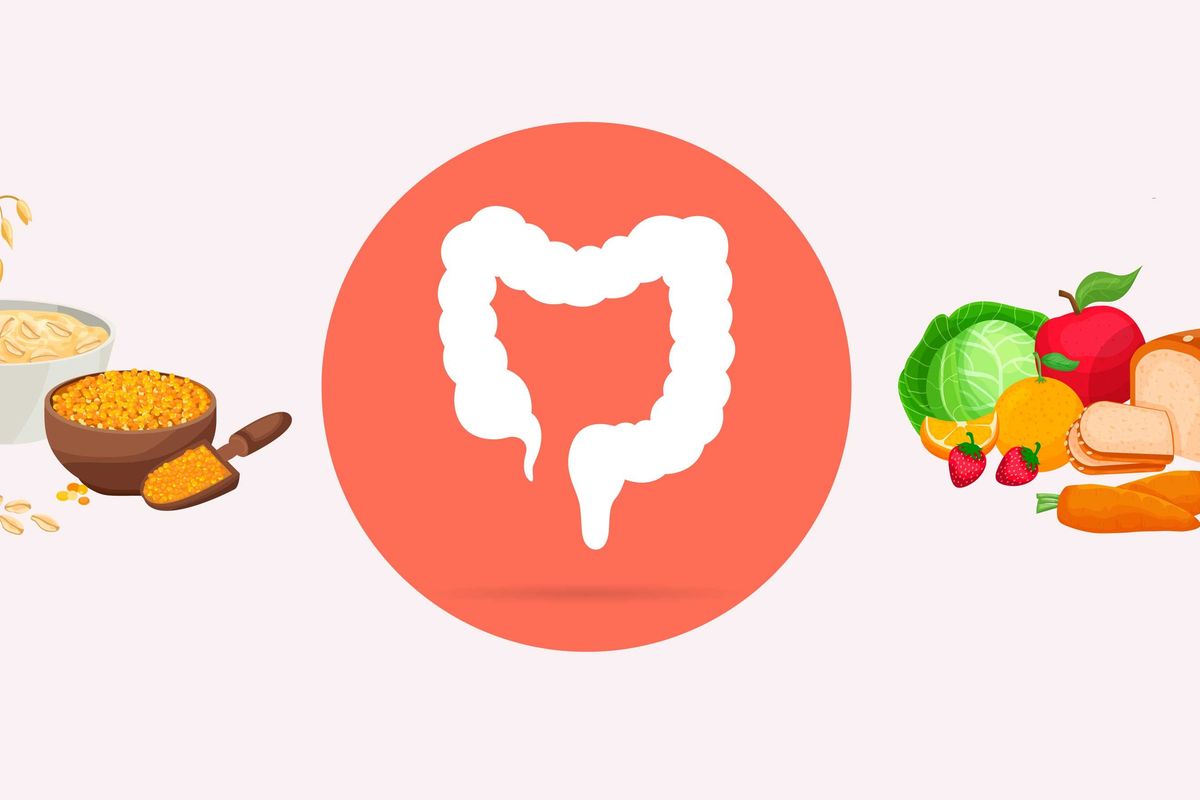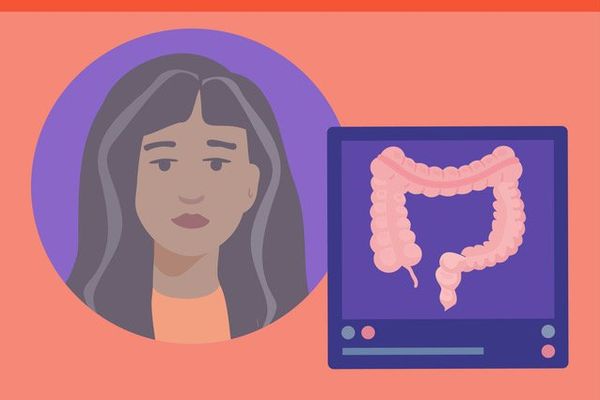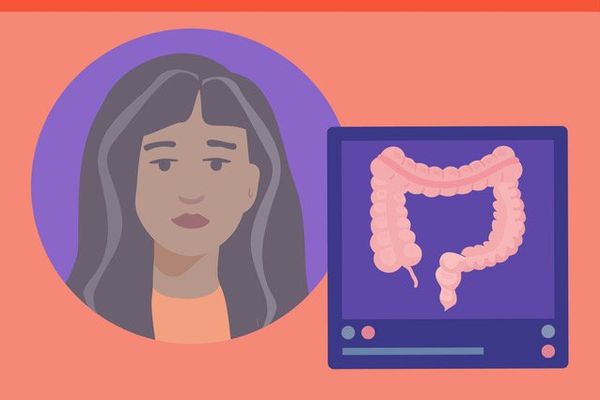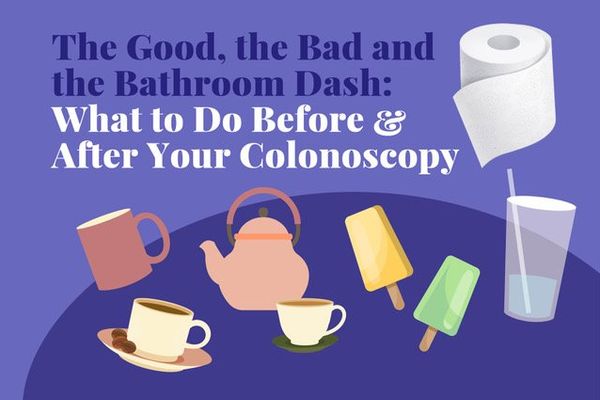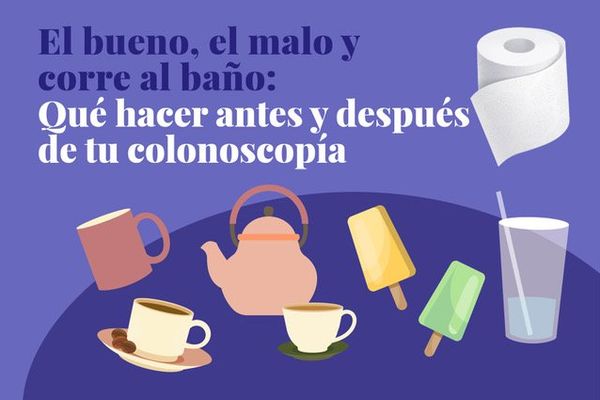Fiber is an important ingredient in any healthy diet. And it’s especially important for lowering your risk for colorectal cancer.
Colorectal cancer fast facts
Colorectal cancer is the 4th leading cause of death among women in the United States.
American Cancer Society estimates for 2024:
New colon cancer cases in women = 52,380
New rectal cancer cases in women = 18,890
What is fiber?
Fiber (aka roughage) = parts of food that your body doesn’t digest or absorb.
When it passes through your body, it helps lower cholesterol, helps control sugar levels and makes bowel movements regular.
There are 2 types of dietary fiber:
- Soluble fiber
- Dissolves in water
- Helps lower cholesterol and blood sugar
- Found in oats, peas, beans, carrots, apples and citrus fruits
- Insoluble fiber
- Helps keep your digestive system moving and reduces constipation
- Found in whole wheat flour, nuts, beans and vegetables
How does fiber reduce colon cancer risk?
- Improves bowel and colon health
- Helps food move through the digestive system
- Supports gut health and can reduce harmful inflammation
- Helps move harmful chemicals out of your body sooner
- Combines with gut bacteria to maintain bowel cell health
How much fiber do women need?
The USDA Dietary Guidelines for Americans suggest a daily intake of:
28 grams for women 19–30
25 grams for women 31–50
21 grams for women 51+
High-fiber foods
Fruits
- Avocados
- Berries
- Pears
- Apples
- Bananas
Vegetables and Legumes
- Lentils/beans
- Peas
- Broccoli
- Brussels sprouts
- Sweet potatoes
Nuts and Grains
- Almonds
- Quinoa
- Barley
- Brown rice
- Whole-grain bread
A few ways you can get your recommended fiber
Get fiber into your breakfast
1 cup of instant oatmeal = 4 grams
1 cup of raspberries = 8 grams
1 ounce of chia seeds = 10 grams
1 banana = 3 grams
Use whole grains as a base for your lunch
1 cup of brown rice = 3.5 grams
1 cup of black beans = 15 grams
1 cup of sweet corn = 4 grams
2 medium carrots = 3 grams
Add legumes and non-starchy vegetables to dinner
1 cup of lentils = 15.5 grams
1 cup of green peas = 9 grams
1 cup of cauliflower = 2 grams
Choose high-fiber snacks
1/2 cup of sunflower seeds = 6 grams
1 pear = 5.5 grams
1 medium apple = 4.5 grams
3 cups of popcorn = 3.5 grams
1 ounce of almonds = 3.5 grams
1 ounce of pistachios = 3 grams
This educational resource was created with support from Merck.
- Signs of Colon Cancer in Women ›
- Easy Ways to Eat More Fiber ›
- Fiber: Something You're Probably Not Getting Enough of in Your Diet ›
- Best Fiber Sources ›
- Fast Facts: What You Need to Know About Colorectal Cancer Screening ›
- Tips for a Better Colonoscopy - HealthyWomen ›

